Independent pups march to the beat of their own tail wags, seeking adventure and sniffing out joy on their own terms. But beneath the playful defiance lies a hidden loyalty, waiting to blossom with patience, understanding, and a whole lot of treats — and maybe a good belly rub! Our list of the most independent dog breeds may not need to be in their owner’s lap 24/7, but they still enjoy time with their humans.
What’s special about independent dogs?
- Introvert Pups: Not all dogs crave constant attention. Some breeds, like Basset Hounds or Shiba Inus, are naturally introverted, relishing quiet downtime to recharge and process their doggy world.
- Rest, Recharge, Relish: Alone time isn’t boredom; it’s essential for these breeds. Snoozing in a sunbeam, chewing a thoughtful chew toy, or simply observing the world from their comfy corner allows them to de-stress and return to playtime fully present.
- Independent Thinkers: Some dogs, like Akitas or Chow Chows, have strong independent streaks. Giving them space to make their own decisions, like choosing their napping spot or exploring the yard solo, builds confidence and strengthens their bond with you.
- Respect Their Rhythm: Don’t mistake “alone time” for disinterest. These dogs love companionship but on their terms. Watch for subtle signs of affection – a soft tail wag, a gentle head nudge – and reciprocate in their language, respecting their need for personal space.
- Stronger Bonds, Deeper Trust: Contrary to popular belief, enjoying your own company doesn’t make dogs bad companions. When they choose to interact, it’s genuine and heartfelt. This trust, built on mutual respect for individual needs, creates a unique and deeply rewarding bond you won’t find with a clingy companion.
While independent streaks require patience, these self-assured pups become loyal allies. Ten animal experts helped StudyFinds put together the best independent dogs list. Don’t underestimate the bond forged with a dog who marches to their own drum — it can be a partnership built on mutual respect and a shared appreciation for life’s offbeat adventures. Let us know your favorite independent dog breeds in the comments below!
➡️ How Our “Best Of The Best” Lists Are Created
StudyFinds’ “Best of the Best” articles are put together with the idea of taking the work out of common consumer research. Ever find yourself searching for a product or service on Google and reading multiple reviews to find items listed across many of them? Our Best of the Best lists are created with that process in mind, with each item ranked by how frequently it appears on expert reviews or lists. With Best of the Best, you are getting consensus picks — making them truly the best of the best!
The List: Best Independent Dogs, According to Experts
1. Akita
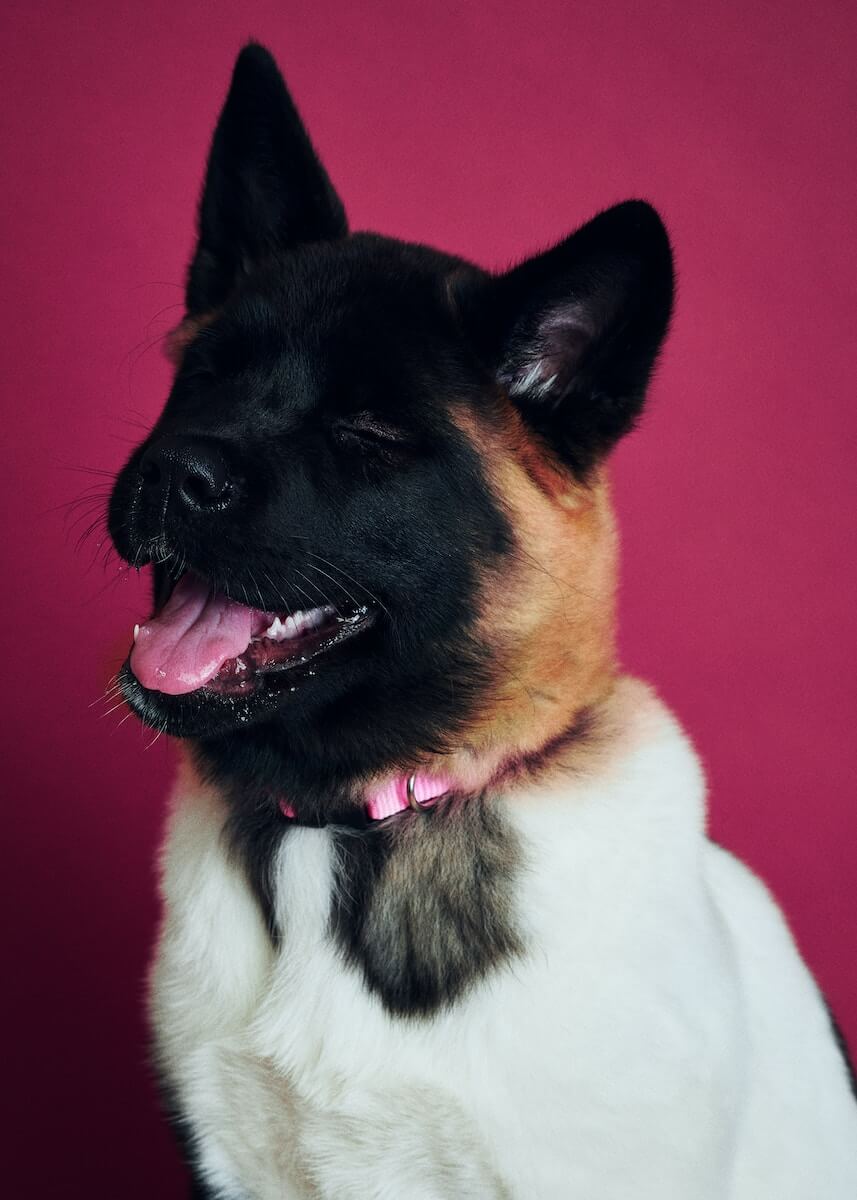
Akita’s are not couch-dwelling love-muffins. They require plenty of exercise and engagement in addition to some daily time in solitude. Akitas also make fantastic watchdogs. Vetstreet writes, “Many Akitas are protective of their families, especially children, and they require lots of socialization to help them distinguish between what is a threat and what is normal.”
Akitas are well known for their loyalty and courage. Because of this, according to Hepper Blog, they became very popular in their native country of Japan. Akitas are also becoming a more popular breed across the United States.
Akitas love affection, but unlike other breeds, they don’t demand attention by constantly pawing or barking. “Steadfast and intuitive, they are arguably the most independent breed,” notes Wag!
2. Shiba Inu
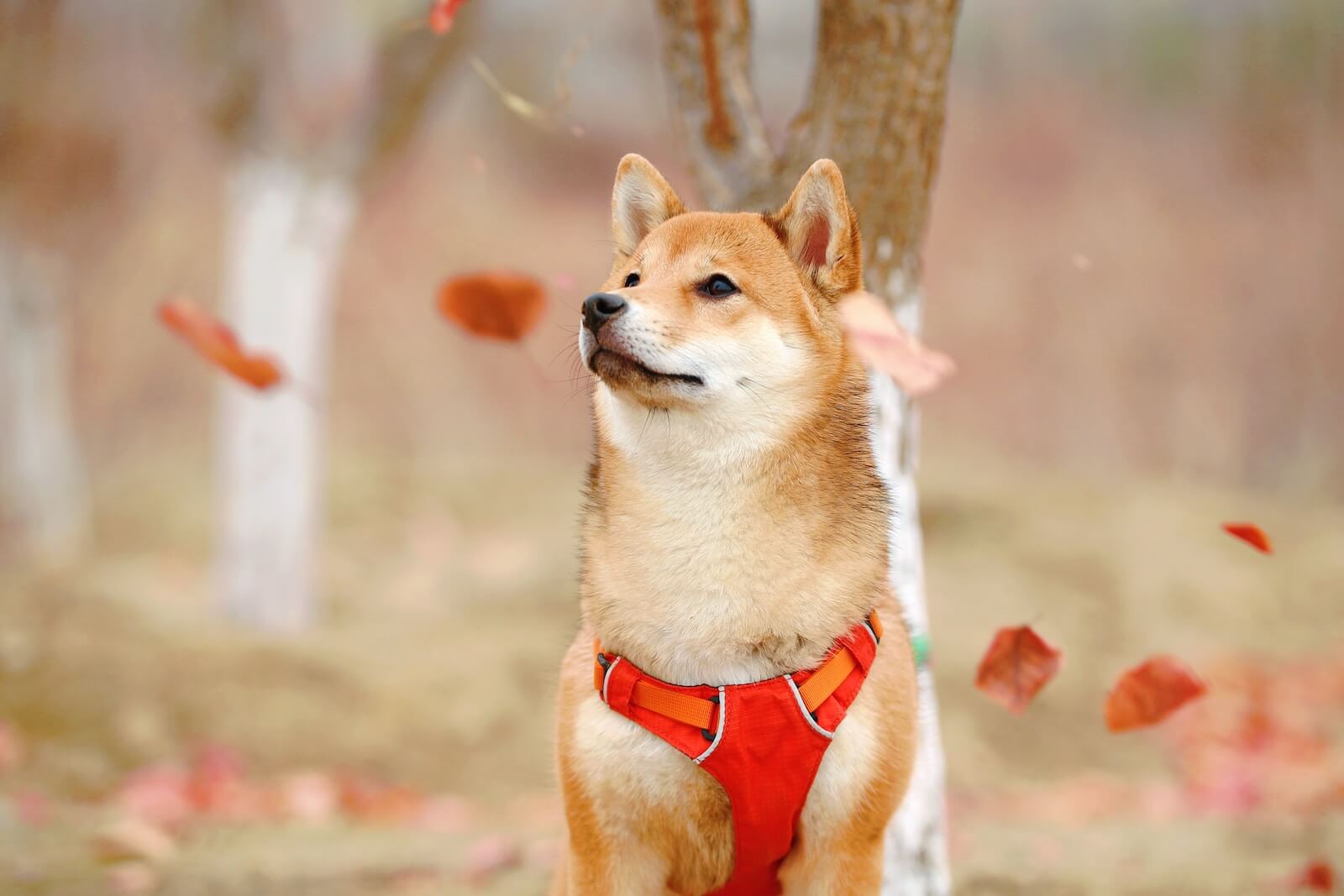
These Japanese Husky cousins are extremely intelligent. Shiba Inus can often be happiest when they have a little bit of daily time to relax, play, and explore on their own. This breed used to be used as a hunting dog in Japan for hundreds of years, so they’re used to doing things on their own. Romper says, “Since they hunted without direct human guidance, they have an independent personality.”
The Shiba Inu is a very self-sufficient dog breed. They’re independent and resourceful, however, they do have a stubborn streak when they’re being trained. Pet Zone notes, “They tend to be cautious around strangers and can be territorial, so early socialization is crucial.”
This specific breed is the favorite of the internet because of their independence. “Shiba Inus and Shiba Inu mixed breeds can happily entertain themselves and will do so whenever given a chance, so don’t trust them off-leash or in a space that hasn’t been pet-proofed,” writes K9 of Mine.
3. Afghan Hound
Afghan Hounds are intelligent and energetic. As is so common with this combo, training and early socialization are needed for family pets. “They were bred for hunting large game in the harsh, mountainous terrain, which required agility, speed, and a strong sense of independence,” writes Pet Zone.
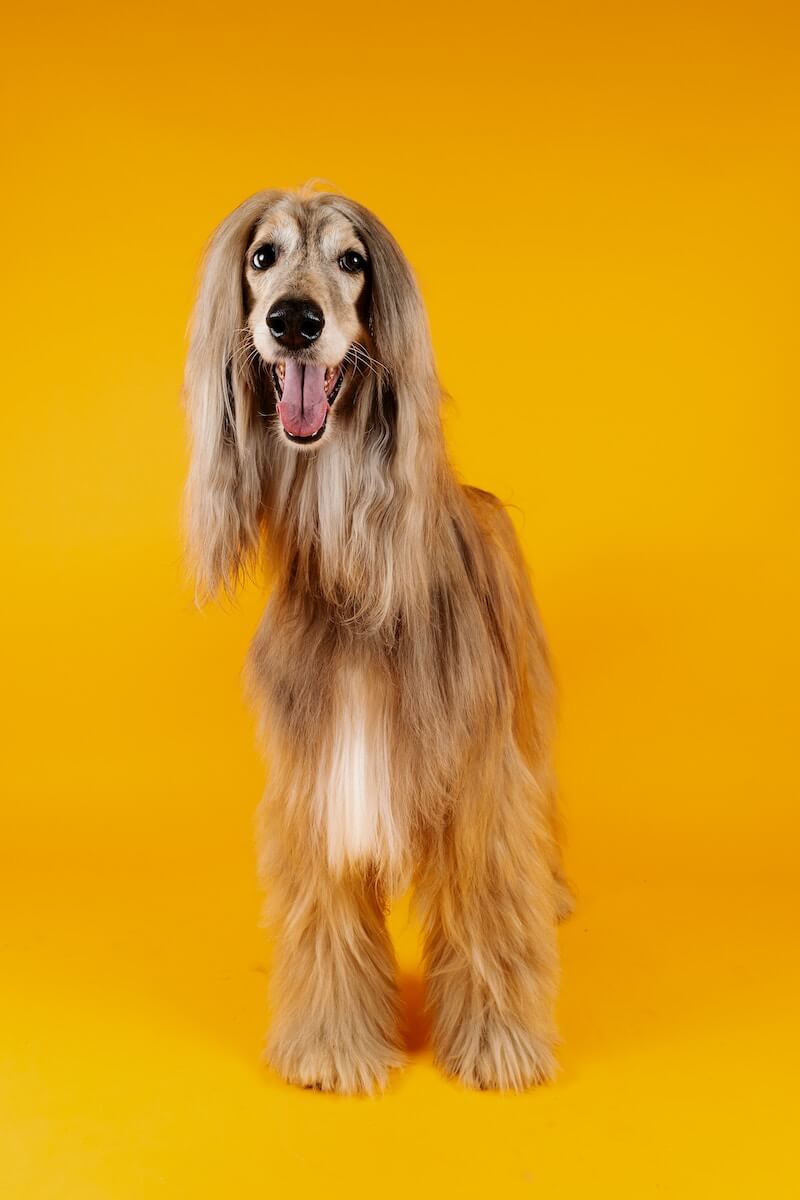
Afghan Hounds are loving and affectionate, however, as Greenfield Puppies notes, they show affection on their own terms. Afghan Hounds might seem aloof, but they’re definitely not. “These dogs are alert and tend to maintain a dignified attitude.”
These dogs are well-known for being elegant and independent. “Their strong prey drive will make them chase small animals, though, and they don’t tend to listen very well to commands,” writes Hepper Blog.
4. Basset Hound
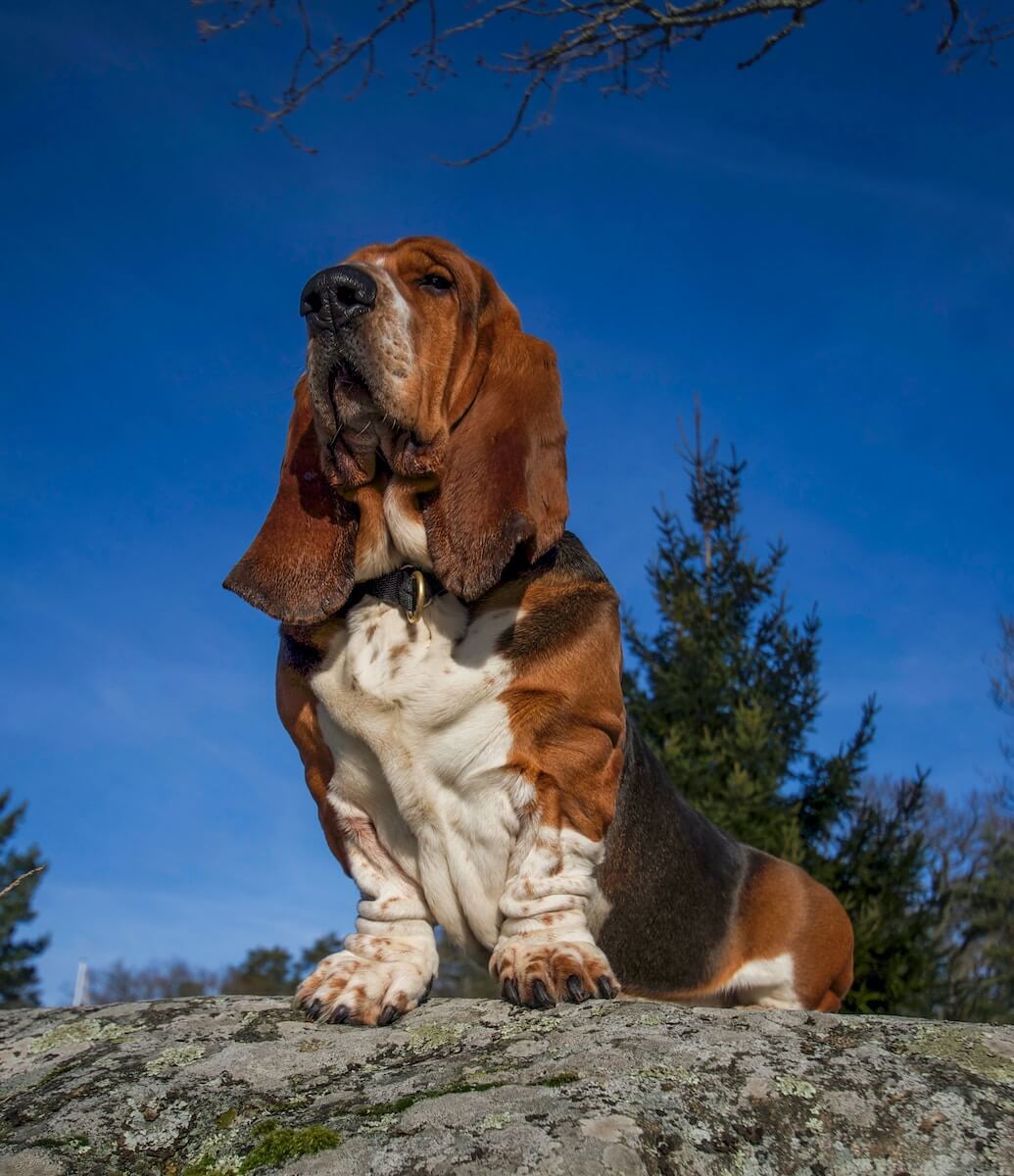
Basset Hounds are a bit of an unusual case in that they are less independent than they are lazy. A Basset Hound might be totally happy napping the day away, and they won’t mind if you do some chores in the meantime. These pups don’t need much exercise and are quite content taking a leisurely stroll instead of some rough play. “You may need to encourage him to hit his daily step goal, however, as this low-maintenance dog breed is prone to packing on the pounds,” explains K9 of Mine.
Because of their independence, Basset Hounds might be a pain to train. “However, with patient and persistent training, they are known to develop a loyal partnership with their owners,” says Newsweek.
Laid-back and independent, Basset Hounds lounge the day away when their owners are out of the house. “They are not known for being high-energy, which means they don’t require constant interaction and are content with moderate exercise,” states iHeartDogs states.
5. Basenji
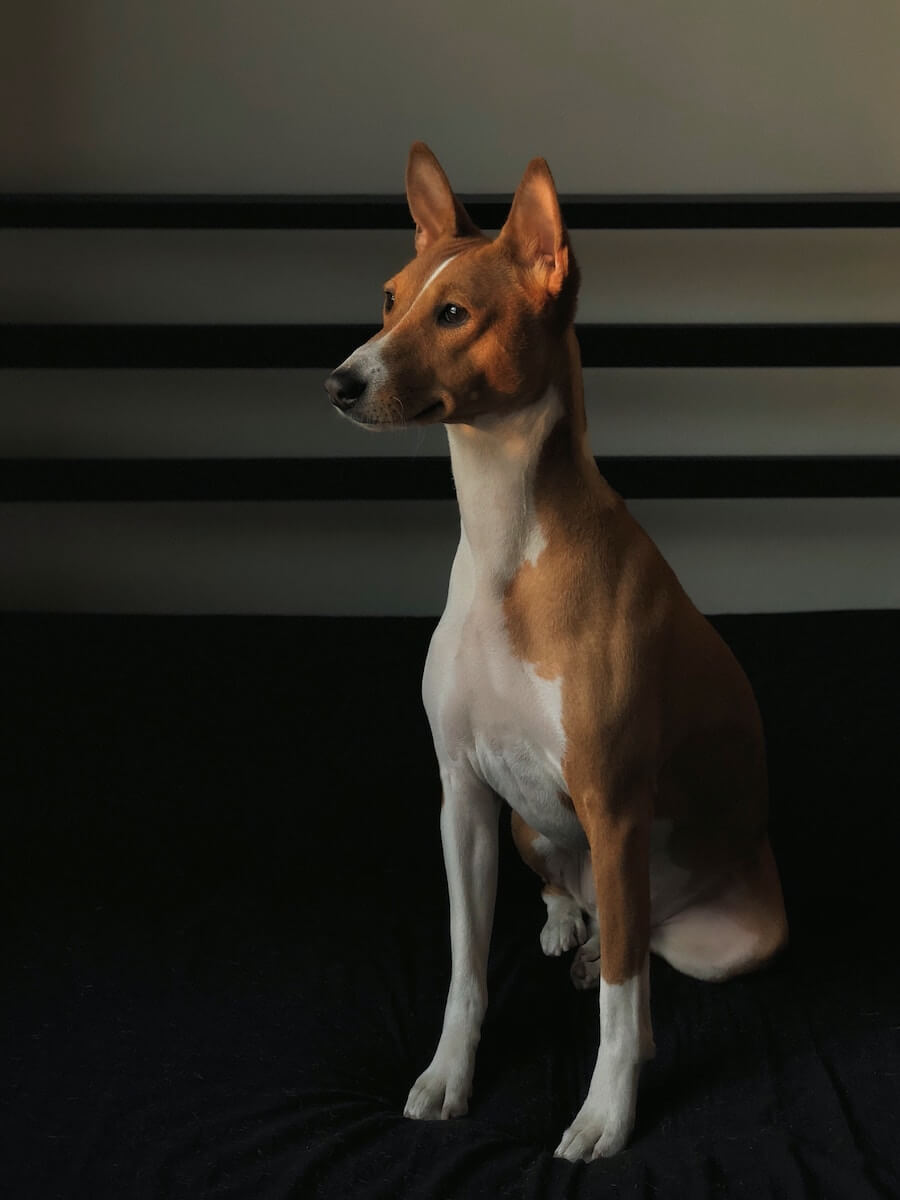
Basenjis are descended from traditional hunting dogs. Intelligence and instinct can make them crave a measure of independence from their handlers. Known as the “barkless dog,” Basenji dogs can entertain themselves when their owners are at work. “Basenjis are also quiet, which is advantageous for apartment dwellers or areas with noise restrictions,” says iHeartDogs.
The Basenji likes time alone, but they can be energetic and need some time outside to get the zoomies out of their system. “This can mean walking around the neighborhood, playing fetch in the yard, or going to the dog park,” writes Woman’s Day.
These dogs from Africa were initially bred for hunting at great distances from their owners, causing them to be more independent than other breeds. “They don’t bark, but they make their feelings known with an odd sound described as something between a chortle and a yodel,” notes Newsweek.
6. Chow Chow
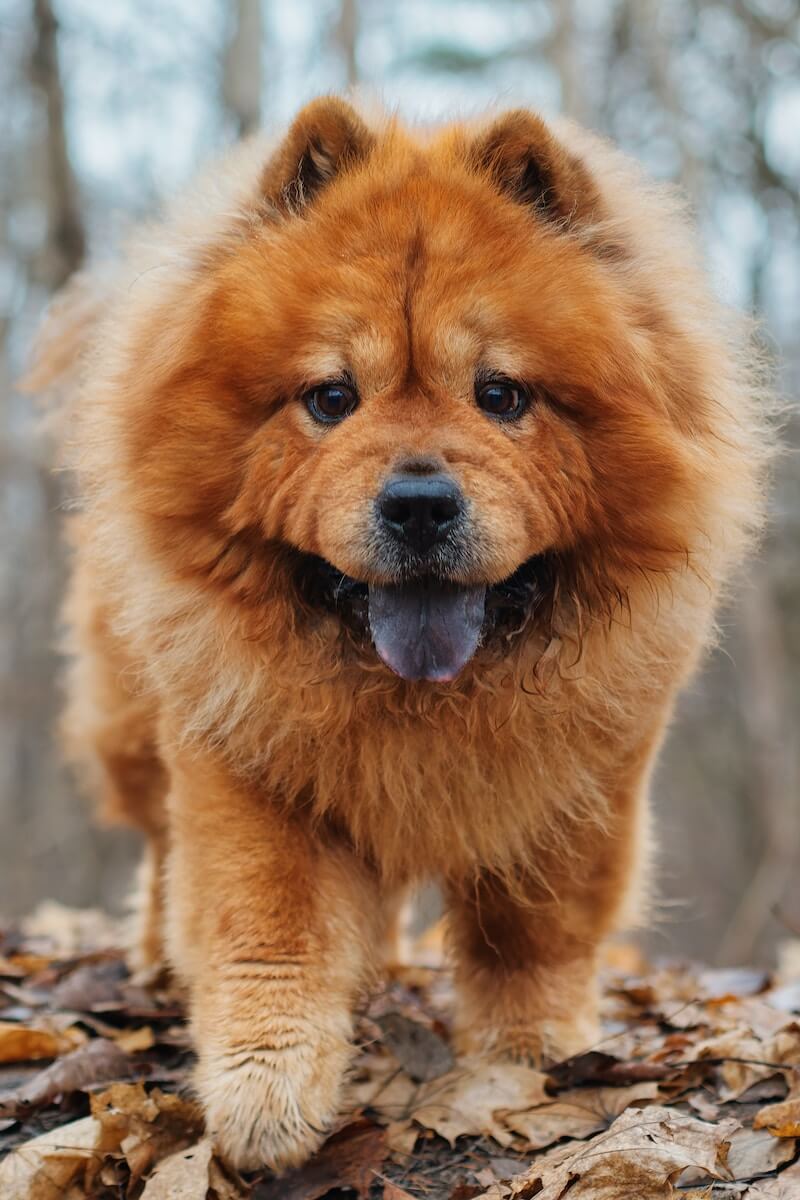
The black-tongued Chow Chow is a fluffy beast. They get stressed out if overstimulated and enjoy quiet time. These dogs can be introverted and like to be alone. Chow Chows are happiest when spending one-on-one time with their owner. “A surprisingly intelligent dog breed, chows usually learn new tasks quickly, though they can be a bit stubborn,” writes K9 of Mine.
Chow Chows descend from Chinese working dogs and have a no-nonsense attitude. “Though they look like teddy bears, hugging and squeezing is just not their thing, and they will probably resist until they feel totally comfortable,” says Wag!
This specific breed are protective, fiercely loyal and affectionate towards those they love. Chow Chows also tend to be one-person dogs, according to Hepper Blog. “In other words, they may bond closely with only one person in the family and ignore everyone else.”
7. Alaskan Malamute
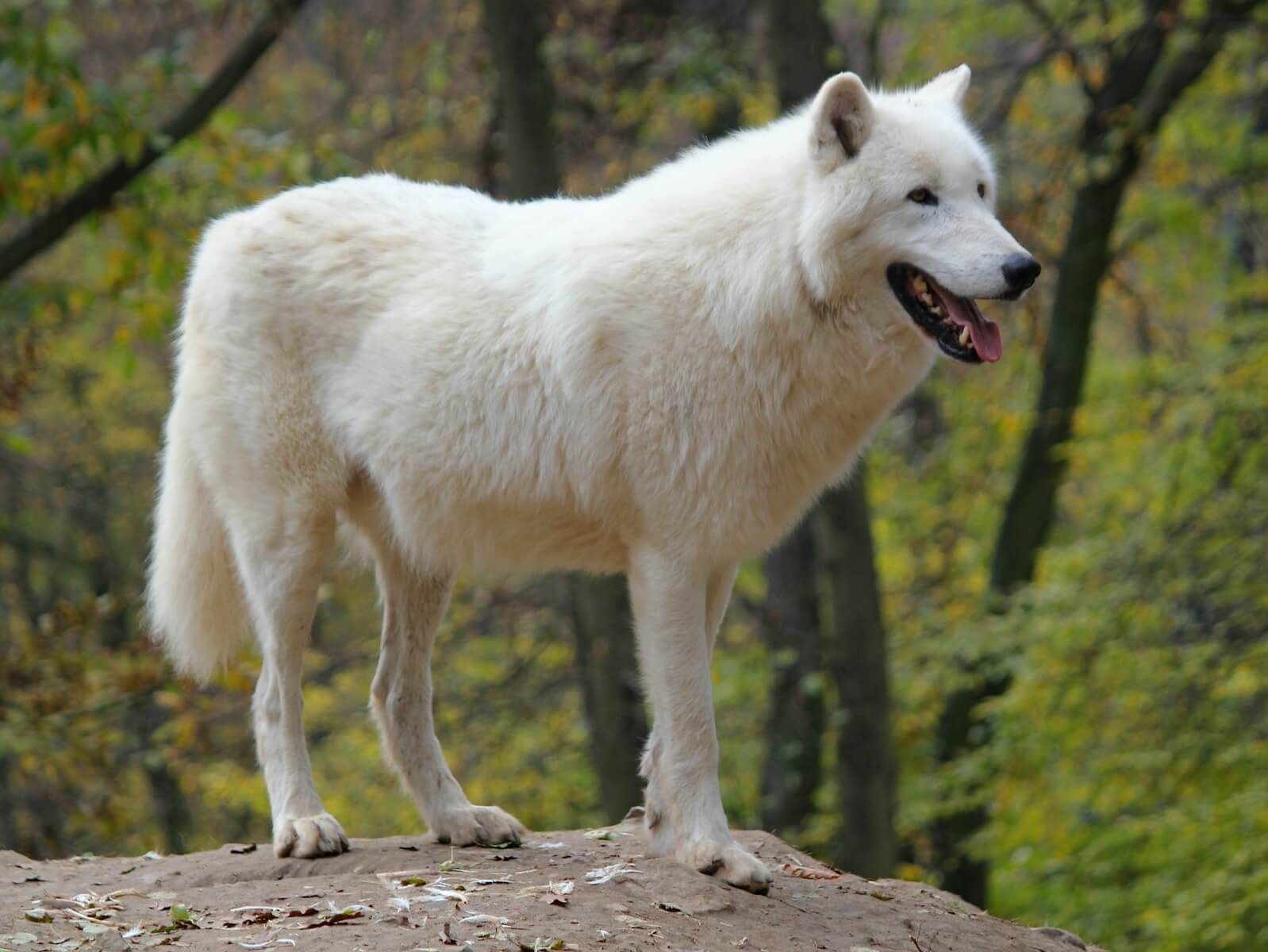
The Alaskan Malamute is a big dog that craves outdoor activities and cold climates. Although they enjoy time on their own, this loyal breed can become emotionally attached to their owner. Even though they’re becoming family pets, that hasn’t changed their independent personality. “Preferring to hang out on the floor unless they’re outdoors, the Malamute’s quiet temperament is soothing and peaceful,” explains Wag!
Alaskan Malamutes need little supervision and are very resourceful. They’re a friendly and affectionate breed, but they need early socialization because they can be wary of strangers. “Alaskan Malamutes require regular exercise and mental stimulation to keep them happy and healthy, but their independence means they are often content to explore and play on their own,” writes Pet Zone.
These natural-born workers are used to being independent. Alaskan Malamutes have been used as sled dogs so they like to be outdoors and exercise. “Jogging, hiking, and weight-pulling are just some of the best ways to work out his energy,” states K9 of Mine.
You might also be interested in:
Sources
- Vetstreet
- Hepper Blog
- Wag!
- Romper
- Pet Zone
- Greenfield Puppies
- K9 of Mine
- iHeartDogs
- Woman’s Day
- Newsweek
Note: This article was not paid for nor sponsored. StudyFinds is not connected to nor partnered with any of the brands mentioned and receives no compensation for its recommendations. This article may contain affiliate links in which we receive a commission if you make a purchase.
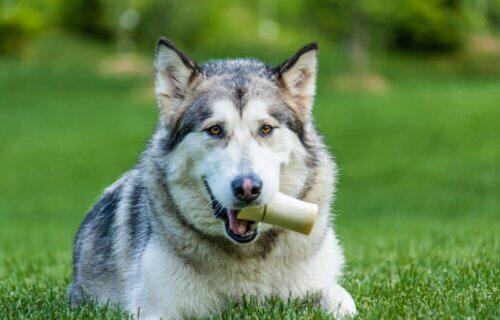
My Shar-pei is very independent. She will play with our other dog when SHE feels like it not when he initiates play. She is content to sit on the sofa and be queen of the house and nap. But, she does really enjoy going for walks, but not mingling with other dogs on walks. She is my baby now and then, which makes her independence all worth it.